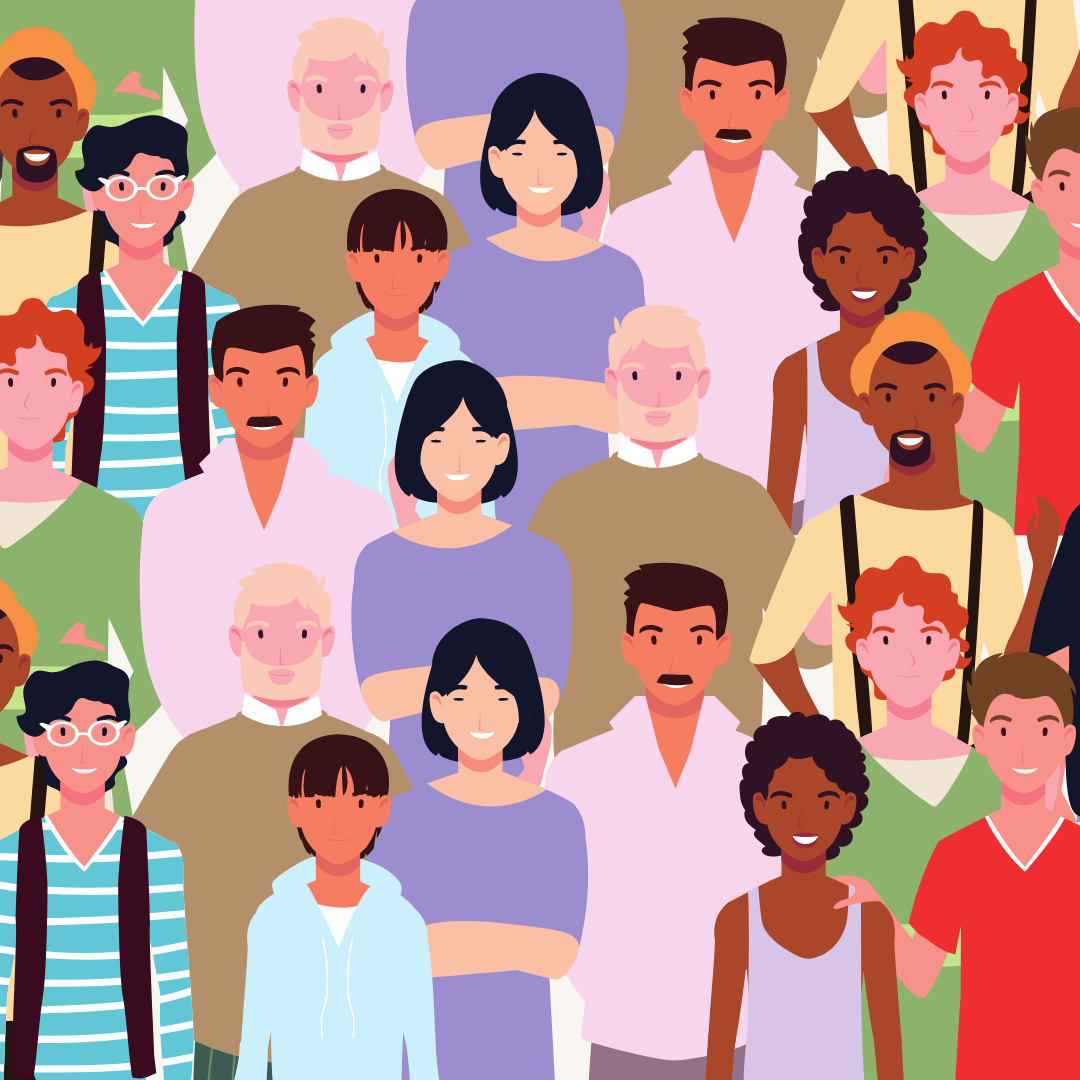SASSMM is committed to providing support to anyone impacted by sexual violence, regardless of their race, ethnicity, gender, sexuality, class, ability, or any other identity. We support survivors no matter how they want to move forward.
|
|
For survivors of sexual violence with marginalized identities, their experiences may be impacted by the oppression or discrimination they face. Their concerns may be related to the assault itself, but also may relate to their treatment in systems following the assault, from healthcare to legal to criminal justice.
Even if you aren't sure that what you’ve experienced is sexual violence, our advocates are here to offer support. This includes phone support as well as supporting you through medical and forensic exams ("rape kits"), reporting to police, and navigating the legal system. We also offer inclusive peer support groups to help survivors and non-offending friends/family through the healing process. These groups are sometimes designed based on specific topics or populations. Ground rules are established during all in-person and online support groups to create a safe space for all participants. If you would be interested in attending support group, you can learn more about SASSMM's support groups or fill out a Support Group Interest Form! |
|
If I reach out to you, will you tell the police?
We only work with law enforcement when a survivor asks us to. We know that for many survivors, involving the police may not feel safe and can cause more harm. Our goals are to help you feel safe and supported. We are here to talk about what options are available so that you can make an informed choice about how to move forward in your healing process. We will always follow your lead and support your decisions, including the decision to not involve the police. There are plenty of other ways to find healing, safety, and justice that don’t involve the police, and we are here to help you move forward with whatever option feels best. Or just be here to talk and listen.
*If we are concerned about a child or dependent adult being neglect or abused, we do have to make a mandated report to DHHS or the DA’s Office. Once they have that information, they might choose to call the police. We do our best to always let you know if we are making a mandated report. DHHS in Maine does not report to ICE, but some law enforcement agencies do. Please keep this in mind when sharing information with us – you only have to share what you are comfortable with.
*If we are concerned about a child or dependent adult being neglect or abused, we do have to make a mandated report to DHHS or the DA’s Office. Once they have that information, they might choose to call the police. We do our best to always let you know if we are making a mandated report. DHHS in Maine does not report to ICE, but some law enforcement agencies do. Please keep this in mind when sharing information with us – you only have to share what you are comfortable with.
Know Your Rights
|
On June 18th, 2020, we made a statement that we support Black Lives Matter and are committed to ongoing anti-racism work. We want to provide an update on what that means for our agency.
- We are meeting regularly (weekly for 2 months, now biweekly) to discuss anti-racism within our agency and in the services we provide.
- Two of our advocates are currently being trained in Restorative Justice, an alternative path to find justice that does not require law enforcement involvement and is not aimed at jail-based punishments.
- We are in partnership with the Restorative Justice Project and District Attorney, Natasha Irving, for continued trainings with the goal of creating more options for justice after a sexual assault.
- Staff and volunteers are learning more about the history of racism in the anti-sexual violence movement, the current overlap of racism and sexual violence, and ways we can better serve survivors of color.
- We are prioritizing trainings from outside agencies about how to better serve survivors of color.
- We are translating our website and some printed materials to make them more accessible.
- We are using social media to clarify how we work with police, DHHS, and the DA’s Office. We are also using this platform to explain briefly how these systems work so survivors can make more informed decisions about what they share with us.
- We are actively looking to support our staff and programs by making our board more representative of the populations we serve, while also recognizing that this is a big ask of anyone who might be interested.
- We are reading letters and books written by survivors of color about how the anti-sexual violence movement has helped or harmed them, and are trying to include their ideas into our work.
- We have an active relationship with the Immigrant Resource Center of Maine and will continue to offer ongoing support to their agency.
- We will educate ourselves in more effective ways of challenging racist comments or actions by community partners, including law enforcement.
- We welcome any thoughts you may have about our services. An anonymous form is available here. You can also find our grievance policy and information on how to file a grievance on that page.
